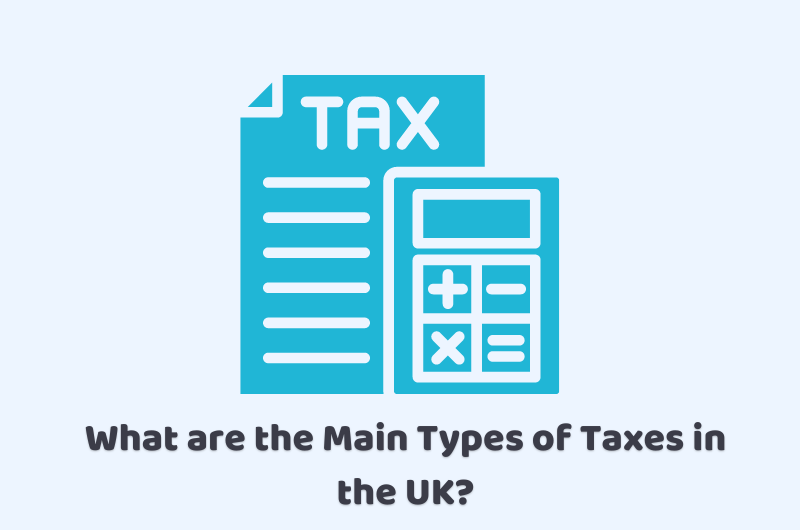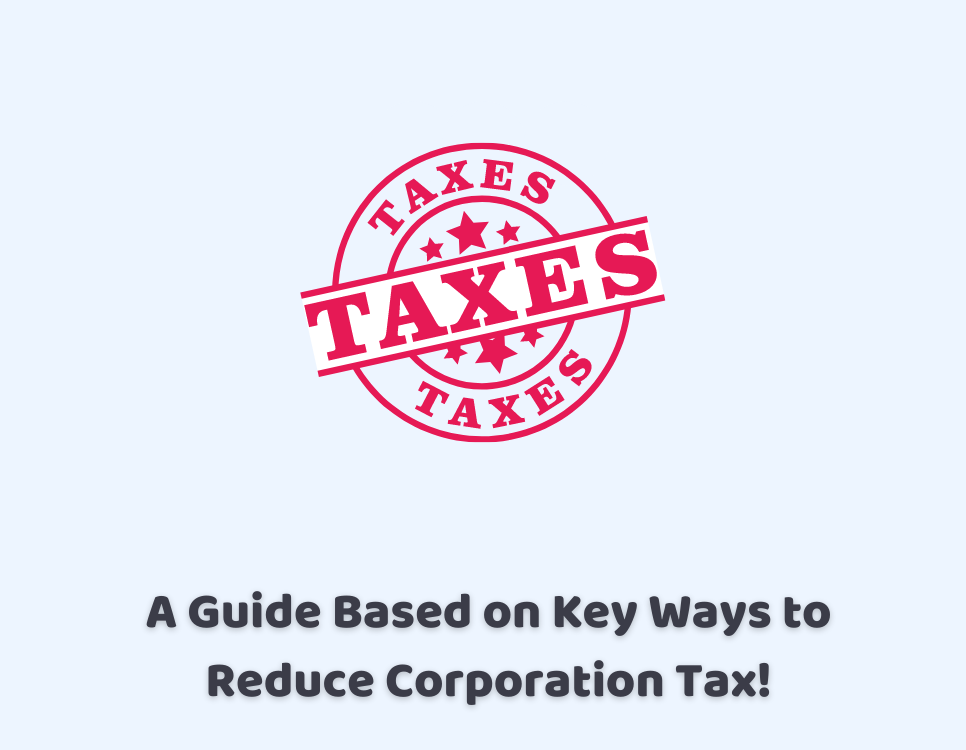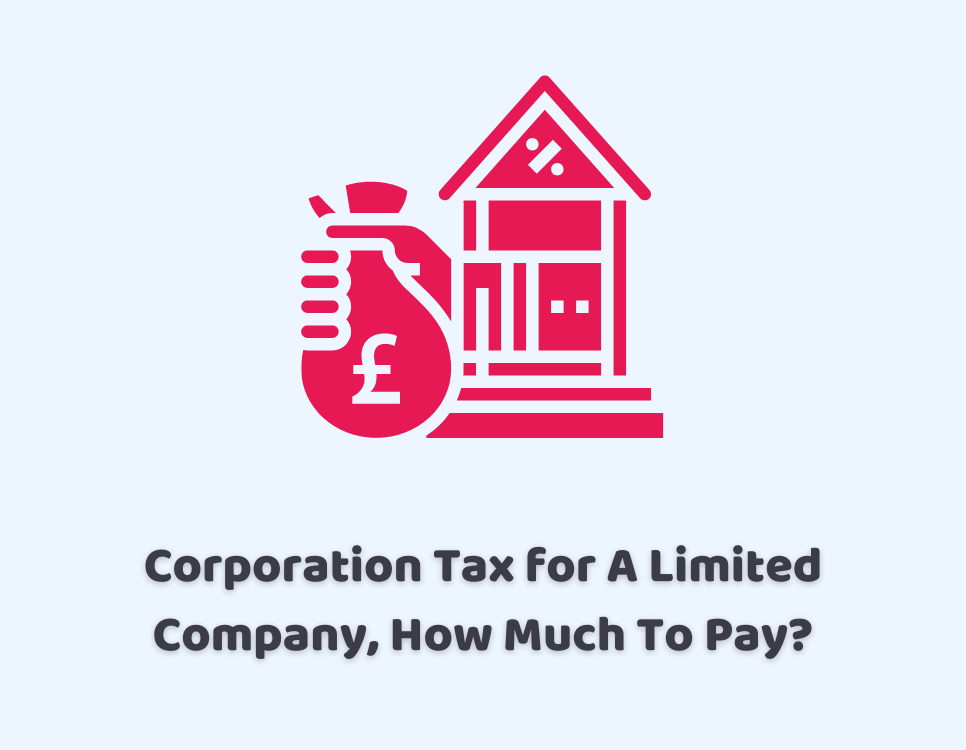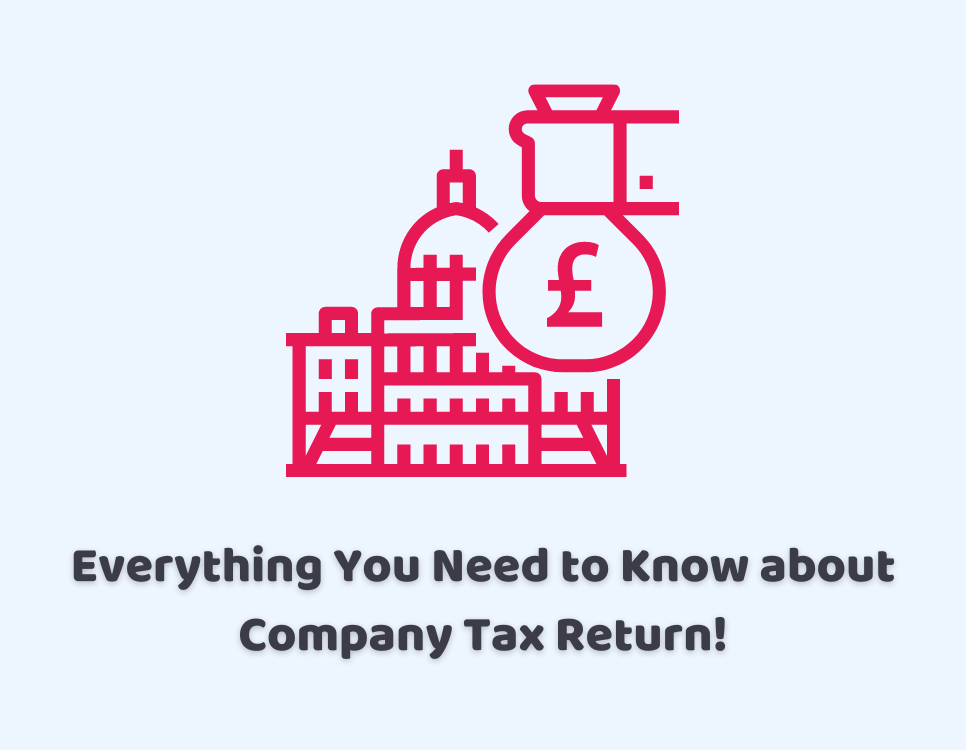03/03/2023tax , Tax Issues , Tax News and Tips , Tax Saving Tips , Taxation
It has been observed that the tax code in the UK is most extended since the tax year 2009. It will not be wrong to presume that tax affairs are one of the most complex matters here. This is due to the fact that the tax authorities and system is designed in a straightforward way. …
Read more




